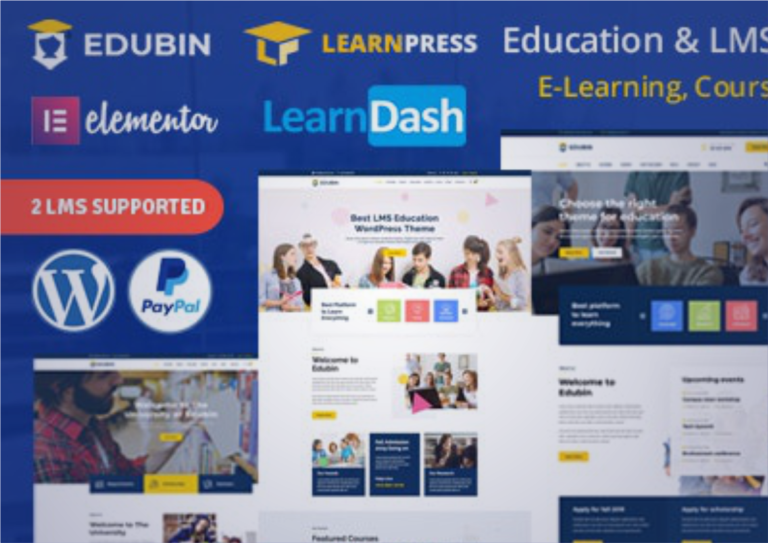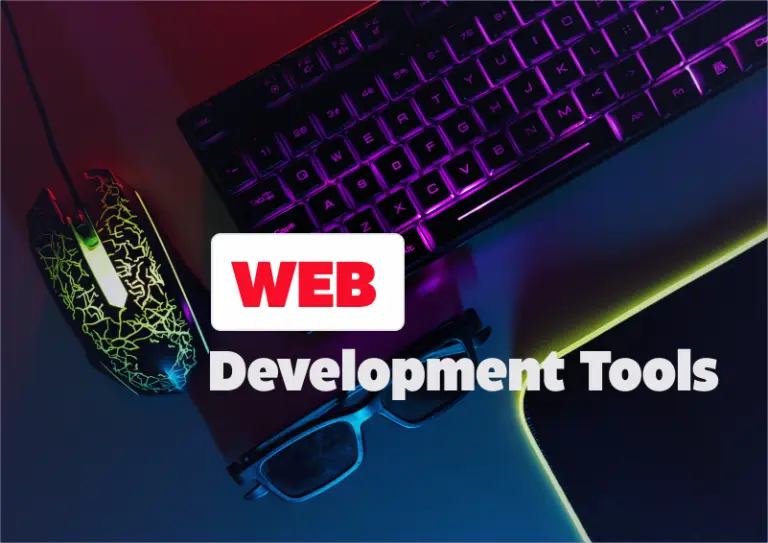Degree in Early Childhood Education
A child’s journey toward lifetime learning begins with early childhood education. This is a crucial time for the emergence of cognitive, social, and emotional development. The importance of educators in this critical stage cannot be emphasized.
And at the core of a high-quality early childhood education program is the requirement for qualified educators who have the know-how to successfully shape young brains.This is where the value of having an Early Childhood Education (ECE) bachelor’s degree is most apparent.
What Is Early Childhood Education?
Prior to discussing the value of an ECE bachelor’s degree, it is critical to comprehend the nature and relevance of early childhood education. The term early childhood education (ECE) refers to instructional approaches and curricula designed for children under the age of eight. This stage is ideal for learning because of the fast growth of the brain and heightened sensitivity to environmental cues.
What is a Bachelor in Early Childhood Education?
A Bachelor In Early Childhood Education (ECE) is an undergraduate degree program that prepares students for employment dealing with young children aged birth to about eight years old. This degree program prepares students with the information, skills, and competencies required to provide high-quality education and care to young children throughout their important formative years.
A Bachelor of Early Childhood Education program’s curriculum often includes a variety of topics such as child development, early learning theories, teaching approaches, curriculum design, assessment and evaluation, family involvement, and classroom administration. Students also study the value of providing loving and inclusive learning settings that promote children’s overall development, including cognitive, social, emotional, and physical well-being.

The Importance of a Bachelor’s Degree
During the course of the program, students will have the opportunity to participate in a range of experiential learning opportunities, including practicums in early childhood settings such kindergarten classes, daycare facilities, or preschools. Students may practice applying their theoretical knowledge in real-world settings, hone their teaching abilities, and obtain important insights into working with young children and their families via these hands-on activities.
Graduates of a Bachelor of Early Childhood Education program can work as preschool teachers, childcare center directors, early intervention specialists, curriculum coordinators, or child development consultants, among other positions in the early childhood education sector.
In order to enhance their education, some graduates could decide to pursue postgraduate degrees or certificates in early childhood education or similar sectors. While certifications and diplomas have been common pathways into the field of early childhood education, the value of a Bachelor’s degree cannot be overstated. Here’s why:
1. Comprehensive Knowledge Base
Teachers can have a thorough grasp of child development, learning theories, and instructional practices with a bachelor’s degree in early childhood education. With this understanding, they may create curricula and interventions that are developmentally appropriate and cater to the various needs of young learners.
2. Specialized Training
Specialized training in early childhood teaching, evaluation, and intervention techniques is available in ECE degree programs. Teachers acquire the skills necessary to recognize developmental delays, deal with behavioral issues, and provide successful assistance to kids from a variety of backgrounds and ability levels.

3. Enhanced Professionalism
A bachelor’s degree is proof of a person’s dedication to professionalism and lifelong learning. It promotes respect for the field and raises the standing of early childhood educators in the larger educational community.
4. Career Advancement Opportunities
In the field of early childhood education, educators might pursue a greater variety of professional prospects with a bachelor’s degree. Program directors and curriculum specialists are examples of leadership positions they can pursue. They might also move into adjacent fields like research or policy advocacy.
5. Impact on Child Outcomes
The beneficial effects of certified educators on children’s results are often shown by research. Better academic achievement, social skills, and long-term success are often displayed by kids who get excellent early childhood education.
Challenges in Pursuing a Bachelor’s Degree
It might be challenging for aspiring instructors to finish an ECE bachelor’s degree, despite all of its benefits. These include having to balance work, school, and family responsibilities, as well as time constraints and financial barriers.
The discipline of early childhood education has advanced as a result of a rising acknowledgment of its significance in recent decades. Still, there are plenty of tools at your disposal to help you get beyond these obstacles, such online courses, flexible learning options, and financial aid.
The Role of Educators in Early Childhood
Early childhood educators have several facets to their roles. In addition to imparting academic knowledge, they stimulate curiosity, socioemotional growth, and the development of critical life skills. The focus on professionalization, which includes the creation of degree programs designed especially for early childhood educators, is one noteworthy trend.
They establish secure, supportive spaces in which kids may experiment, explore, and express themselves. Additionally, early childhood educators frequently act as advocates for kids and families by putting them in touch with services and networks of support.
Challenges in Early Childhood Education
Globally, early childhood education confronts several obstacles despite its importance. These include the need for more skilled instructors, unequal access to high-quality programs, and insufficient finance. A coordinated effort by communities, educational institutions, and policymakers is needed to address these issues.

There are several obstacles that Early Childhood Education (ECE) must overcome in order to be accessible and successful. It is imperative that these issues be resolved in order to guarantee that every kid has access to excellent early learning opportunities. The following are a few of the major obstacles facing early childhood education:
- Access and Affordability: One of the primary challenges in ECE is ensuring equitable access to quality programs for all children, regardless of socio-economic status or geographic location. Many families face barriers such as limited availability of affordable childcare options, long waitlists for subsidized programs, and lack of transportation to access services.
- Quality and Standards: Maintaining and ensuring high-quality standards in early childhood education programs is essential for promoting positive child outcomes. However, disparities in quality exist across different types of childcare settings, with some lacking trained educators, developmentally appropriate curricula, and supportive learning environments.
- Workforce Development: Recruiting, training, and retaining qualified early childhood educators is a significant challenge. Low wages, lack of professional development opportunities, and limited career advancement prospects contribute to high turnover rates within the ECE workforce. This turnover negatively impacts the continuity and quality of care provided to children.
- Inclusion and Diversity: Meeting the needs of diverse learners, including children with disabilities, English language learners, and those from culturally and linguistically diverse backgrounds, presents a challenge in ECE. Ensuring that programs are inclusive, culturally responsive, and equipped to support the unique needs of all children requires intentional efforts and specialized training for educators.
- Parental Engagement and Support: Engaging parents and caregivers in their child’s early learning journey is critical for promoting positive outcomes. However, barriers such as language barriers, lack of awareness about the importance of early childhood education, and limited access to resources and support services can hinder parental involvement.
- Funding and Resources: Adequate funding and resources are essential for maintaining and expanding high-quality early childhood education programs. However, many programs operate on limited budgets, leading to challenges in providing competitive wages for educators, maintaining facilities, and purchasing materials and resources needed to support learning.
- Policy and Advocacy: Developing and implementing effective policies that support early childhood education requires collaboration among government agencies, policymakers, educators, and community stakeholders. Advocating for increased funding, improved standards, and equitable access to resources is essential for driving positive change in the field.

Conclusion
As a result, in order to guarantee excellent early childhood experiences and maximize children’s potential, a bachelor’s degree in early childhood education is crucial. In order to shape the future of our society, educators must possess extensive knowledge, specialized training, and a strong sense of professionalism.
Investments in the training and assistance of certified educators become increasingly important as we prioritize early childhood education. Alone we can make every child reach their full potential and create a better future. The foundation required to positively influence young children’s lives and meaningfully contribute to the field of early childhood education is provided by a bachelor’s degree in early childhood education.





































